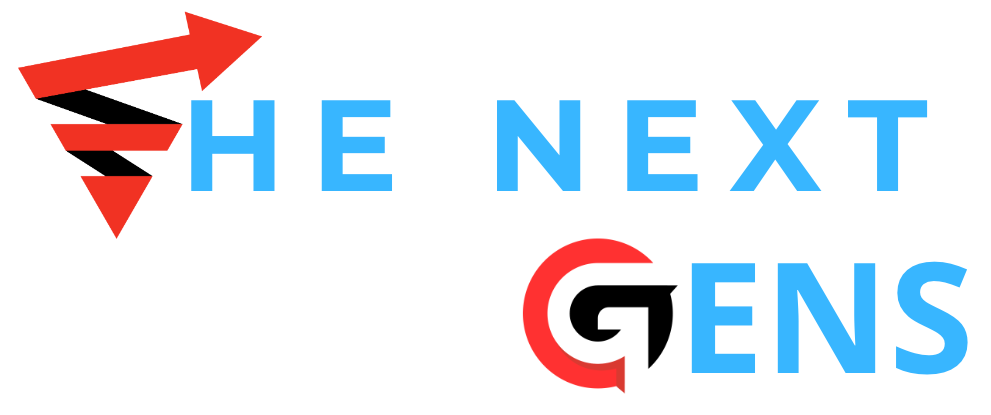The intersection of artificial intelligence (AI) and healthcare has the potential to revolutionize the way we approach healthcare. AI has the potential to improve diagnostics, personalize treatments, and increase efficiency in healthcare. However, the intersection of AI and healthcare also presents significant challenges that must be addressed. In this article, we will explore the opportunities and challenges of AI in healthcare.
Opportunities
One of the most significant opportunities of AI in healthcare is its ability to improve diagnostics. AI algorithms can process vast amounts of data, such as medical images or patient records, to identify patterns and make accurate diagnoses. AI can also help detect diseases in their early stages, allowing for more effective treatment and better outcomes.
AI can also help personalize treatments. By analyzing a patient’s genetic and medical data, AI can identify the most effective treatment options for a specific patient. This personalized approach to treatment can lead to better outcomes and lower costs.
Another opportunity of AI in healthcare is its potential to increase efficiency. By automating routine tasks, such as patient triage or record-keeping, AI can help save time and resources, allowing healthcare providers to focus on more critical tasks.
Challenges
One of the most significant challenges of AI in healthcare is the potential for bias and discrimination. AI algorithms are only as unbiased as the data they are trained on. If the data is biased, the algorithms will be too, leading to discriminatory outcomes. This bias can be particularly harmful in healthcare, where decisions made by AI can have life-altering consequences.
Another challenge of AI in healthcare is the potential for job loss. AI can automate many routine tasks, leading to the displacement of healthcare workers in various roles. While AI will also create new jobs, the transition may be difficult for some individuals and communities.
AI also raises ethical concerns in healthcare. For example, who is responsible when an AI algorithm makes a medical mistake? How do we ensure that AI is used for the benefit of patients and not just for the financial gain of healthcare providers or insurance companies? These ethical concerns must be addressed to ensure that AI is used in a responsible and ethical manner in healthcare.
Conclusion
The intersection of AI and healthcare presents significant opportunities to improve diagnostics, personalize treatments, and increase efficiency. However, it also presents significant challenges, including bias and discrimination, job loss, and ethical concerns. To maximize the opportunities presented by AI in healthcare, we must invest in research and development, education, and regulatory frameworks that promote responsible AI development. By doing so, we can ensure that AI is used to benefit patients and improve healthcare outcomes.





